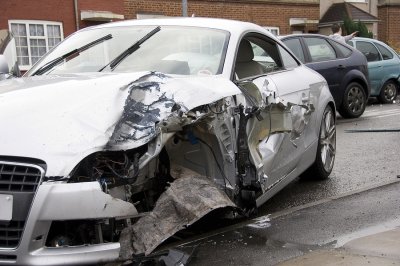News & Insights
The Role of Alcohol in a Car Accident Lawsuit
Consuming alcohol before getting behind the wheel of the car is never a wise decision, yet countless people do it every day. When someone chooses to drink and drive, he or she puts the safety of everyone else on the roadways at risk. After suffering from serious injuries in a wreck caused by a drunk driver or losing a loved one to a wrongful death incident, you have the right to consult an accident lawyer serving the Annapolis, MD area. An accident lawyer will review your case and answer any questions you may have about drunk driving lawsuits. 
Separating Civil and Criminal Liability
Drunk drivers are often caught by police officers, particularly when they are the cause of a car accident. When drunk drivers are taken into custody, they can face serious criminal charges that may result in time behind bars, substantial fines, the loss of a driver’s license, and other legal penalties. Another possibility is a personal injury lawsuit. This is a civil lawsuit that will proceed completely independently of any criminal proceedings. It’s important for accident survivors to understand that the burden of proof is much lower in civil courts than in criminal courts. This means that even if a drunk driver somehow manages to escape a conviction and criminal penalties, he or she could still be held liable for the wreck in civil court.
Filing a Personal Injury Lawsuit
If you or a loved one has been injured by a drunk driver, it’s essential to contact an accident lawyer as soon as possible. In Maryland, the statute of limitations on filing personal injury lawsuits is three years. After this point, victims forfeit their right to file a claim. A settlement or favorable jury award can help car accident survivors move forward with their lives by covering their medical bills, car repair or replacement costs, lost wages, and other damages.
Proving Liability
To prove that the drunk driver ought to be held liable for the victim’s damages, a personal injury lawyer can rely heavily on police records. The police report may clearly show that the drunk driver was violating traffic safety rules and the results from chemical testing can demonstrate intoxication.
